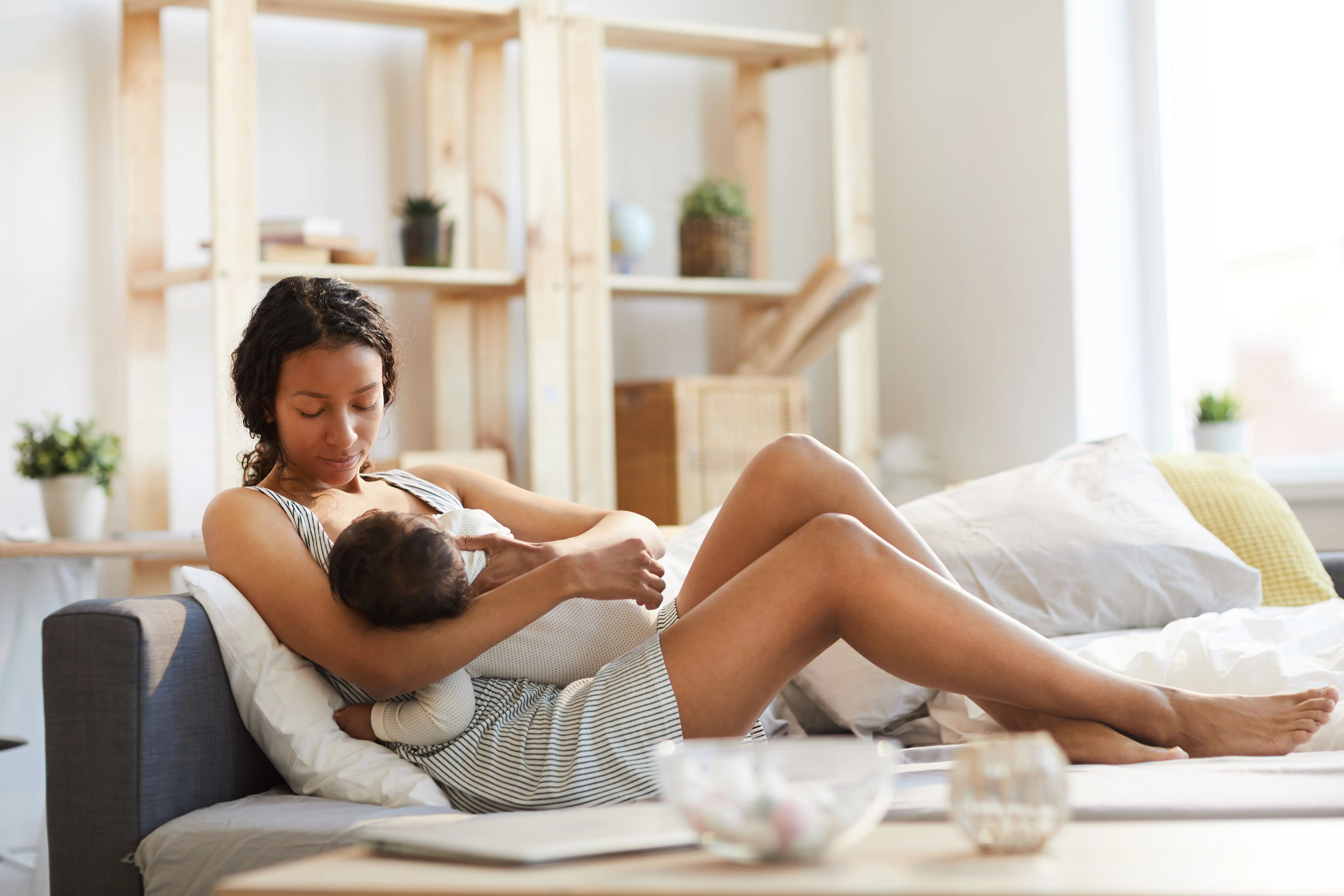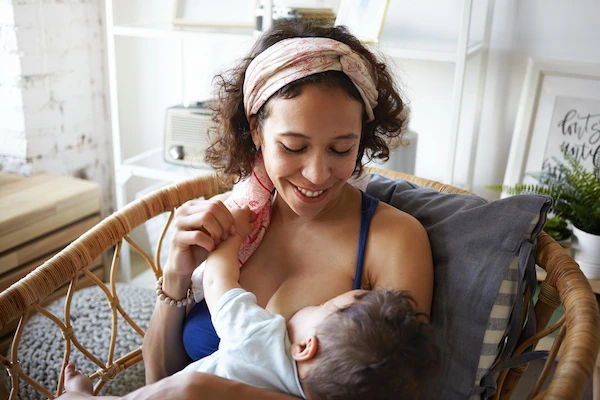- female
- 25 Years
- 01/04/2021
How many days after period can you not get pregnant?
Answered by 1 Apollo Doctors
You're most fertile at the time of ovulation (when an egg is released from your ovaries), which usually occurs 12 to 14 days before your next period starts. This is the time of the month when you're most likely to get pregnant. It's unlikely that you'll get pregnant just after your period, although it can happen.
Dr. Ibrahim Suggests...
Consult a Obstetrician and Gynaecologist
Answered 04/07/2025
0
0

More Obstetrics & Gynaecology Health Queries
View allI had a myomectomy surgery five months ago to remove fibroids and now I'm trying to conceive. Recently, I got a follicular scan done on day 10 of my cycle, and the report showed echogenic endometrium. What does echogenic endometrium mean? Does it indicate my uterus hasn't fully healed yet? My endometrium thickness was 8.2mm is that normal for this stage?
An "echogenic endometrium" on a follicular scan means the uterine lining appears brighter or more reflective on ultrasound, indicating it may have some tissue or structures that are not typically present at that stage of the menstrual cycle. While a 5-month period is generally considered a sufficient healing time after myomectomy, the uterus is still recovering, and an echogenic endometrium could be linked to residual scarring or tissue changes from the surgery. An 8.2mm endometrium thickness at day 10 of your cycle is generally considered within the normal range for this stage.
Answered by 1 Apollo Doctors
How to handle fibroids if you're 5 months pregnant?
Observation
Answered by 1 Apollo Doctors
I'm experiencing swollen breasts for the past two weeks, and my periods are due on May 29th. I took a pregnancy test and it came back negative. Should I see a doctor? Is it possible to detect pregnancy before a missed period?
Do a Urine pregnancy test to see for pregnancy and seek advice thereafter
Answered by 1 Apollo Doctors
Disclaimer: Answers on Apollo 247 are not intended to replace your doctor advice. Always seek help of a professional doctor in case of an medical emergency or ailment.



